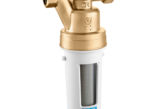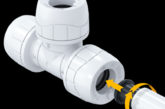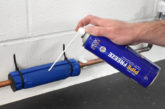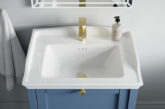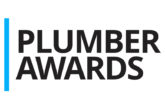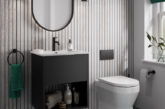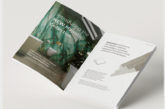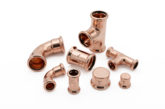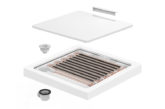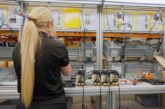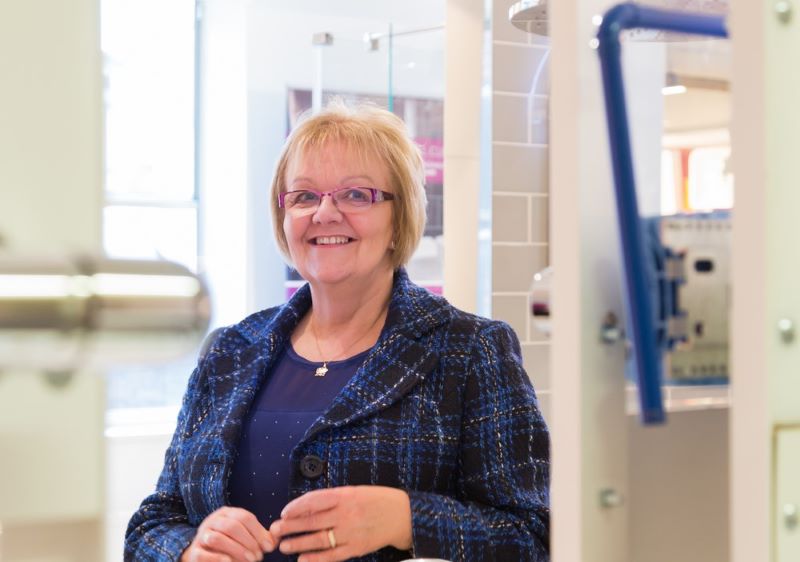
Yvonne Orgill, President at The Chartered Institute of Plumbing and Heating Engineering (CIPHE) and Managing Director at the Unified Water Label Association discusses the importance of addressing waste water, water labelling, and considerations for installers when advising end-users.
Common household leaks, such as ‘leaky loos,’ waste approximately 400million litres of water each day in the UK, according to WaterWise. Yet in most cases, leaks are preventable.
Tackling leaks at the first sign of damage is critical because if left unchecked, not only can they waste water and increase bills, but they could also result in substantial damage to properties that can be costly to repair.
Outside of the home, leaks are damaging to the environment, particularly where sewage is leaked and deposited into waterways affecting the state of our rivers, lakes and coastal areas. Furthermore, with a growing population, there will be an increasing impact on humans if we do not address the issue now.
Labelling schemes
One thing that plumbers and installers can look out for is water labelling schemes. The Unified Water Label Association is a body that has been established to harmonise technical data and move to one consistent label for sanitaryware, valves and taps across Europe. As part of this work, it has developed the Unified Water Label, a smart tool that demonstrates the water and energy efficiency of products, be that a shower, toilet or other appliance.
A label is expected to become mandatory towards end 2025/ 2026. The Association is lobbying hard to get the government to accept the Unified Water Label as it provides clear, concise, and easy-to-understand messaging that enables plumbers to source product information so they can make informed decisions about the products they are installing. This label will therefore ensure that every installation supports the mission to decrease water waste.
Educating consumers on the label is important too. In fact, it is anticipated that the label will not only help to meet government targets to reduce the use of public water supply, but could save consumers an estimated £125million on water bills over 10years.
Needless to say, plumbers and engineers are a vital link between the industry and consumers and therefore play an integral role in widespread education. While some leaks are obvious and will be picked up by homeowners quickly, in other cases it can be worth recommending an assessment of a home to check for the escape of water, especially if an end-user has recently moved or lives in a large building block where leaks can cause widespread damage.
Prevent water waste
As well as taking measures to fix any leaks and installing water-efficient appliances, plumbers can support consumers by recommending ways that they can prevent water waste in the first place. Suggestions could include installing rainwater harvesting systems or water-saving devices, such as a dual flush toilet or a conversion kit on the existing loo.
Additionally, most water companies also provide free leak-fixing services and subsidised products, such as regulated tap aerators and cistern bags that can help an end-user to reduce usage. While these are relatively simple tools, utilising them could have a big impact not just on bills, but on conserving our water for future generations.
Of course, reducing water waste doesn’t start and end with plumbers and installers – we all have a role to play at home and at work. However, as an industry, we can create the step change needed not only to keep money in consumer’s pockets, but to protect the environment – not just today, but for tomorrow, too.
For more advice, technical support, or to become a member of the CIPHE, visit https://www.ciphe.org.uk/professional/become-a-member/


